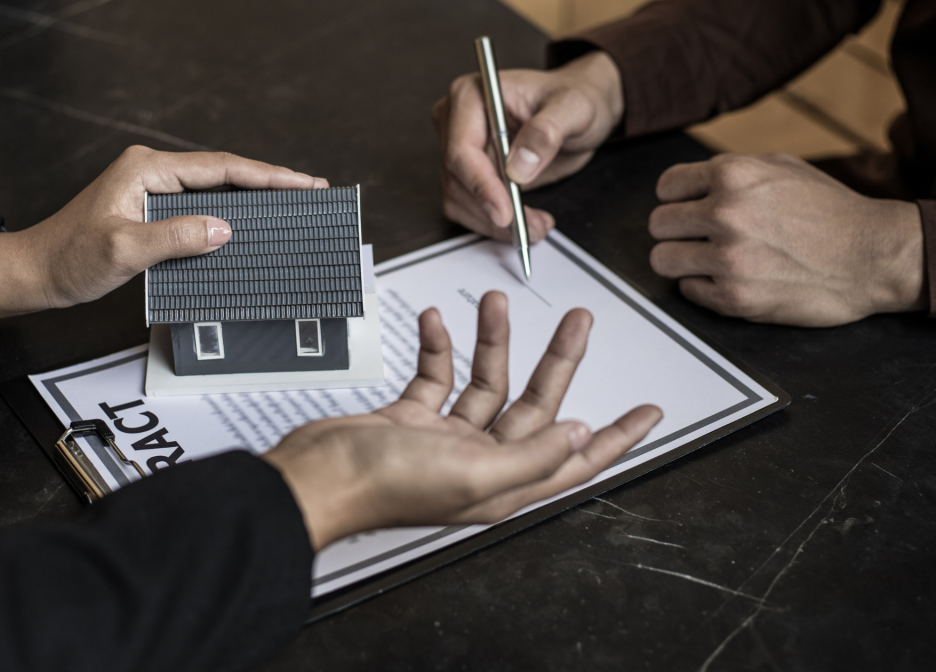
Buying a Dubai property is a big step, whether it’s your first home or an investment. For many buyers, a mortgage is the most practical way to finance the purchase. But here’s the catch: the mortgage process in Dubai comes with its own set of rules, requirements, and timelines. If you don’t know the steps, you risk delays or worse, losing the property you want.
This guide with GLLIT breaks everything down in simple steps so you can move forward with confidence. From eligibility checks to final approval, here’s how to secure a Dubai mortgage and make the most out of it without the stress.
Not everyone can automatically get a Dubai mortgage, so it’s important to know if you qualify before starting.
Knowing this upfront helps you avoid wasting time with lenders who may not approve your application.
Before applying for a mortgage, understand how much you’ll need to pay up front.
These percentages don’t include additional costs like the Dubai Land Department (DLD) fee, valuation charges, and bank processing fees, so budget for those too.
Your credit score can make or break your mortgage approval in Dubai. A high score means better interest rates and faster processing, while a low score can lead to rejection or higher costs.
If your score is low, consider paying off outstanding debts and avoiding new credit applications before applying.
When financing your Dubai property, you’ll need to pick between two main types of mortgage interest rates:
Many first-time buyers choose fixed rates for predictability, while seasoned investors sometimes go for variable rates to capitalize on market dips.
One of the smartest steps you can take is securing a mortgage pre-approval before you start searching for a Dubai property.
This step saves time and prevents disappointment later in the buying process.
Mortgage rates and terms can vary significantly across banks in Dubai. Always compare before committing.
GLLIT can help connect you with trusted lenders, ensuring you get the most competitive deal without spending hours comparing.
Missing paperwork is the number one reason mortgage approvals get delayed. Prepare these documents in advance:
Having these ready speeds up the process and signals to lenders that you’re an organized, low-risk borrower.
A mortgage isn’t just about the down payment and monthly instalments. Here are some common fees to expect:
These can add up, so factor them into your total cost when budgeting for your Dubai property.
The UAE Central Bank sets loan-to-value (LTV) limits that dictate how much you can borrow compared to the property value:
Knowing these rules helps you plan your down payment and financing strategy effectively.
You don’t have to get stuck with the same mortgage terms forever. You need to understand how refinancing or remortgaging works and how it can give you more flexibility. The benefits of refinancing or remortgaging include:
Buying a Dubai property with a mortgage doesn’t have to be complicated. At GLLIT, we make the process easier by:
Getting a mortgage for your Dubai property can feel overwhelming, but with the right preparation, it’s a smooth process. Start by checking your credit score, saving for the down payment, and securing a pre-approval. From there, choose a mortgage type that fits your budget and long-term plans.
At GLLIT, we’ve helped countless buyers turn their property goals into reality without the stress and without paying extra commissions. Ready to take the first step? Get in touch today and start your journey to owning a home in Dubai.